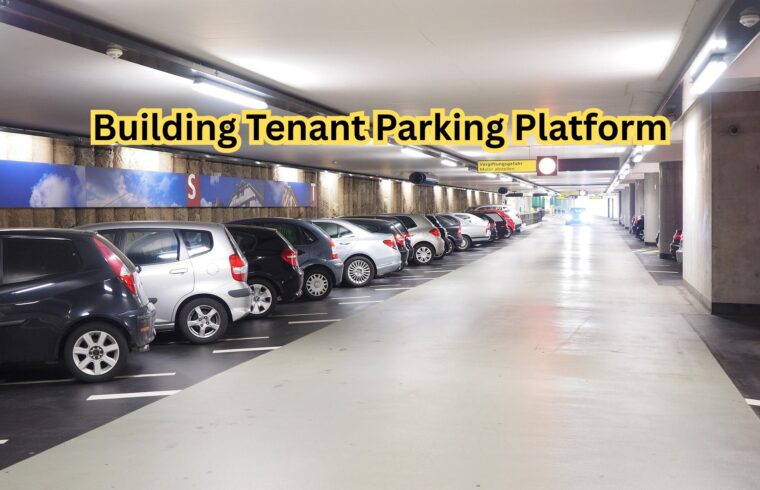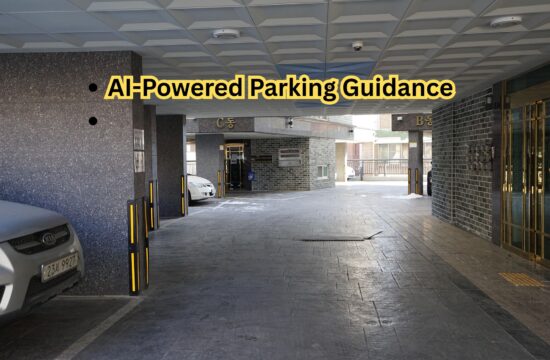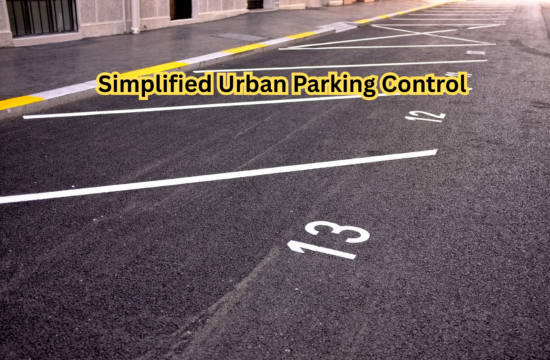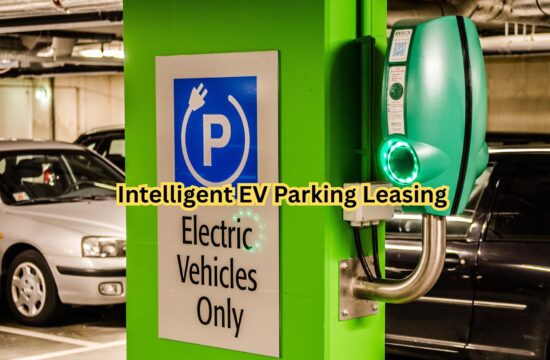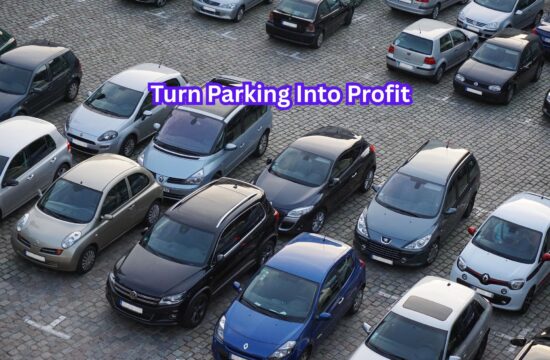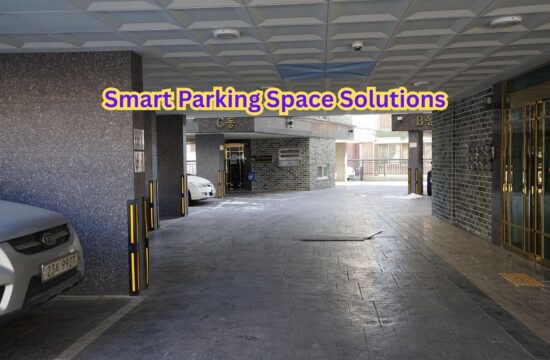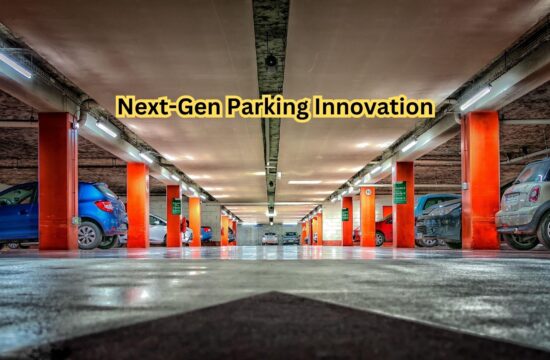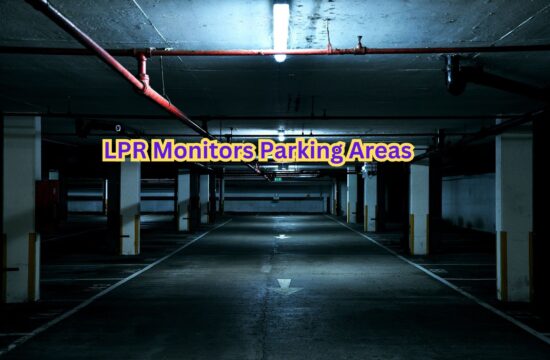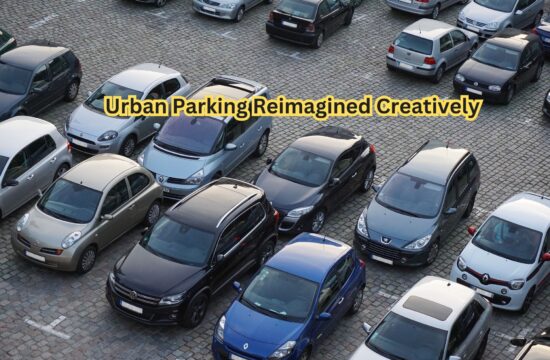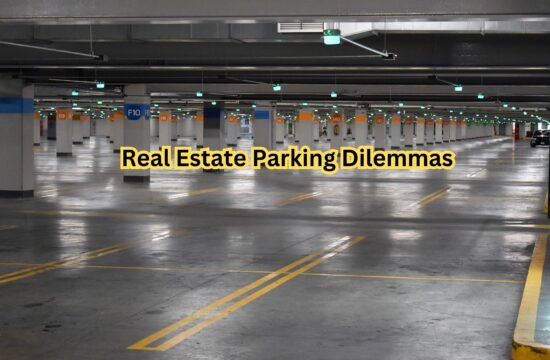Building Tenant Parking Platform has emerged as a crucial component of property management in today’s hectic metropolitan settings. A consolidated, computerized solution for allocating, tracking, and managing parking spaces is offered by a Building Tenant Parking Platform, reducing human error, saving time, and making the entire process transparent. As more tenants seek smart living solutions, Building Tenant Parking Platform becomes a necessary modern upgrade, offering a tech-driven parking experience that improves satisfaction and streamlines operations for both renters and property managers.
Understanding the Need for a Tenant Parking Platform
Unfair allocations, a lack of space, and parking congestion plague many residential and business premises. renter parking platforms address these issues by digitally streamlining the procedure, guaranteeing that each renter is aware of their designated spot and that property managers have complete control. It provides real-time control and reporting, minimizes conflicts, and maximizes space utilization. In the absence of such a system, manual tracking frequently results in inefficiencies and disgruntled tenants, particularly in multi-tenant properties or high-density buildings.
Core Features to Include
Some fundamental elements are necessary to create a successful platform. These consist of visitor parking management, real-time spot availability tracking, digital tenant registration, and customisable parking permits. Rule enforcement, automated reminders, and infraction tracking are also useful tools. Additionally important is mobile accessibility, which enables managers and tenants to interact with the platform at any time. A comprehensive platform keeps users informed, compliant, and happy with their parking experience while guaranteeing operational simplicity.
Benefits for Property Managers
A digital parking platform significantly lessens the workload for property managers by eliminating the need for physical documentation and the constant demands from tenants. From a single dashboard, they can track infractions, provide occupancy statistics, and keep an eye on consumption. Additionally, the technology offers analytics to identify abuse and optimize parking distribution. Workload is reduced and tenant satisfaction and confidence are raised with improved transparency and organization. In the end, it turns parking management from a headache into a tactical benefit.
Enhancing Tenant Experience
From the tenant’s point of view, usability is crucial. Tenant parking platforms provide user-friendly interfaces that allow users to digitally invite guests, register their cars, and verify their designated spot. Daily parking encounters are made easy and convenient by smartphone apps, digital passes, and automated alerts. Fast access, less confusion, and the flexibility to control parking without contacting management are all valued by tenants. This kind of smooth experience increases property value and increases tenant happiness.
Integration with Existing Systems
A sturdy parking platform shouldn’t function alone. Existing systems like CCTV, gate access, invoicing platforms, and leasing management tools must all be integrated. Data flow between systems is guaranteed by seamless integration, which raises operational effectiveness and security. For instance, parking assignments and vehicle entry logs can be synchronized, and parking fees can be automatically included in invoicing systems. Tenants and employees have a more cohesive experience thanks to this interconnection, which also helps management maintain control.
Monetization and ROI
A parking platform can generate income in addition to being convenient. Managers have the ability to automatically fine unauthorized usage, charge for guest parking, and give premium locations that need payment. These elements enhance space discipline in addition to generating income. Long-term benefits including lower staffing expenses, improved tenant retention, and fewer disputes make the return on investment evident. These platforms provide a competitive advantage in the market as well as operational efficiency as property technology becomes more commonplace.
Conclusion
A wise move toward contemporary property management is the establishment of a tenant parking platform. It resolves long-standing issues with fairness, space, and tenant complaints—while opening up fresh avenues for productivity and income. It becomes a vital tool for both residential and commercial buildings thanks to its robust integrations, data security, and mobile-friendly interfaces. Embracing digital transformation in parking ensures long-term tenant satisfaction, boosts property value, and positions your building for future-ready living solutions.

